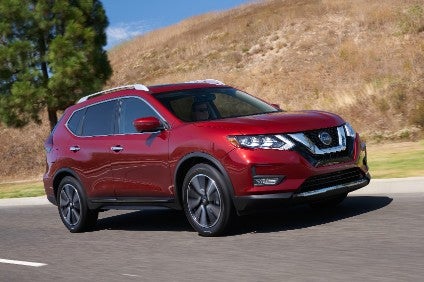
Nissan Motor is considering pulling out of the South Korean market, according to reports in Japan, after political and trade frictions between the two countries continued to escalate in the last two months.
Tensions between the two countries flared up following a South Korean court decision in July ordering Japanese firms to compensate South Korean victims of forced labour during World War II.

Discover B2B Marketing That Performs
Combine business intelligence and editorial excellence to reach engaged professionals across 36 leading media platforms.
Japan maintained the dispute was settled by a 1965 treaty which normalised ties between the two countries.
Overall sales of Japanese auto brands in South Korea dropped by 57% to 1,398 units in August, according to wholesale data released by the Korea Automobile Importers and Distributors Association, after what had been described in Japan as a consumer boycott of Japanese vehicles in the country since July.
Images of a Japanese car being smashed up by protesters on the streets of the South Korea capital city Seoul were broadcast on international news channels in July.
In the first eight months of 2019, Japanese vehicle sales in South Korea were down just slightly, at 27,554 units from 27,761 units a year earlier, following strong demand in the first half of the year.
Nissan and Infiniti combined sales in South Korea fell by 88% to just 58 units in August. This followed a 30% drop to 359 units in July and brought the eight-month cumulative sales total to 3,581 units, down by close to 27% year on year.
Sources in Japan also suggested Nissan was reviewing its contract with Renault-Samsung to source the Rogue SUV from its plant in Busan which would seriously threaten the future of the factory.
Nissan had already scaled back its sourcing of cars from this plant from 100,000 to 60,000 units per year, as part of its recent global restructuring plan involving some 12,500 job cuts.
Renault Samsung's global sales fell by more than 27% to 114,705 units in the first eight months of 2019 from 157,313 in the same period of last year.






